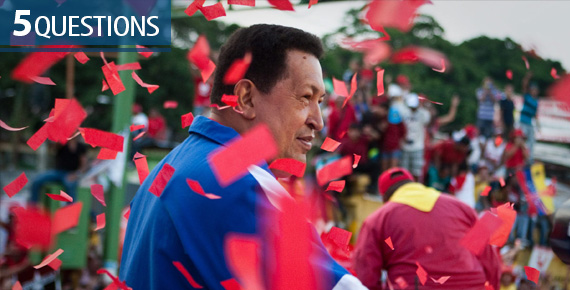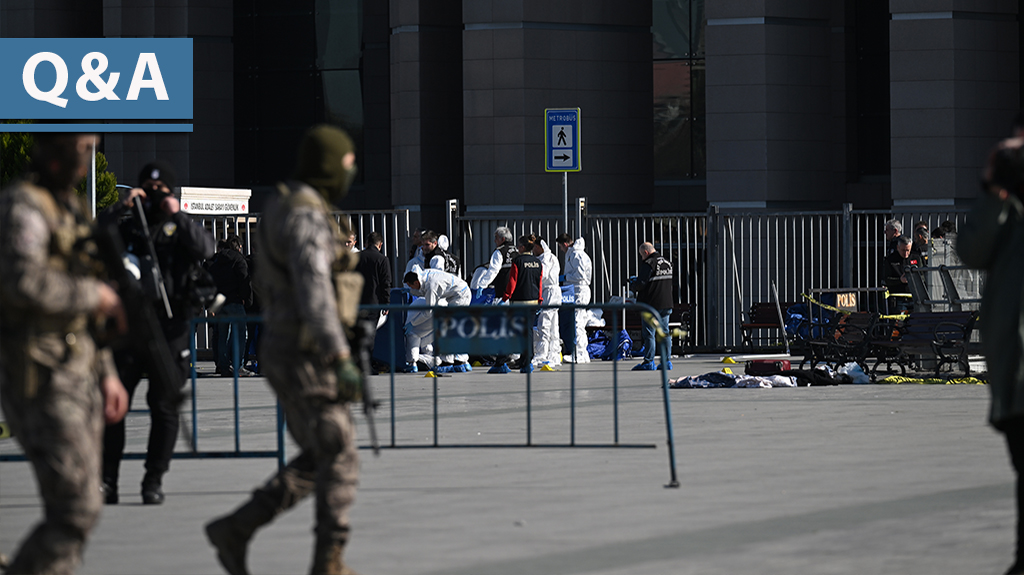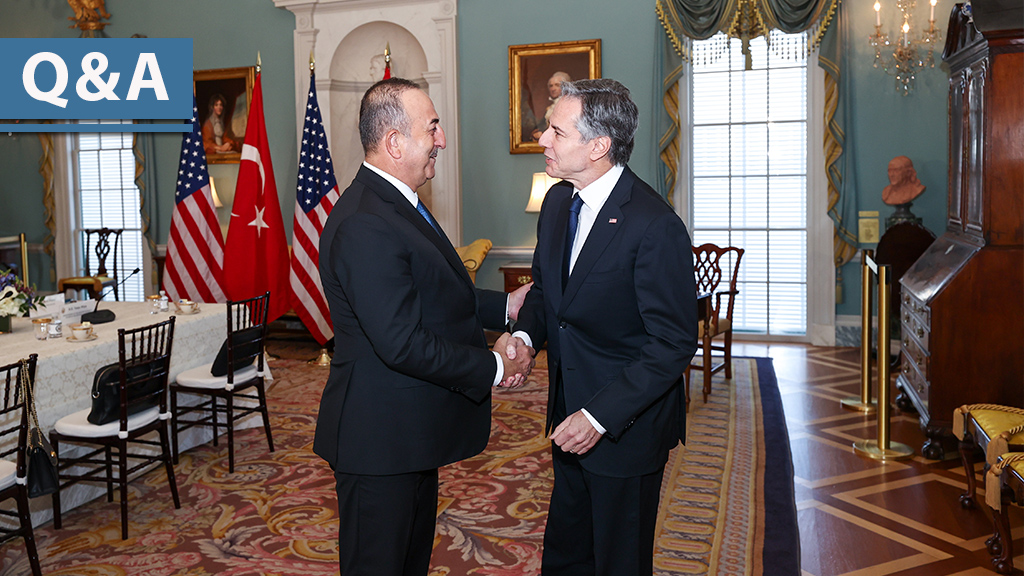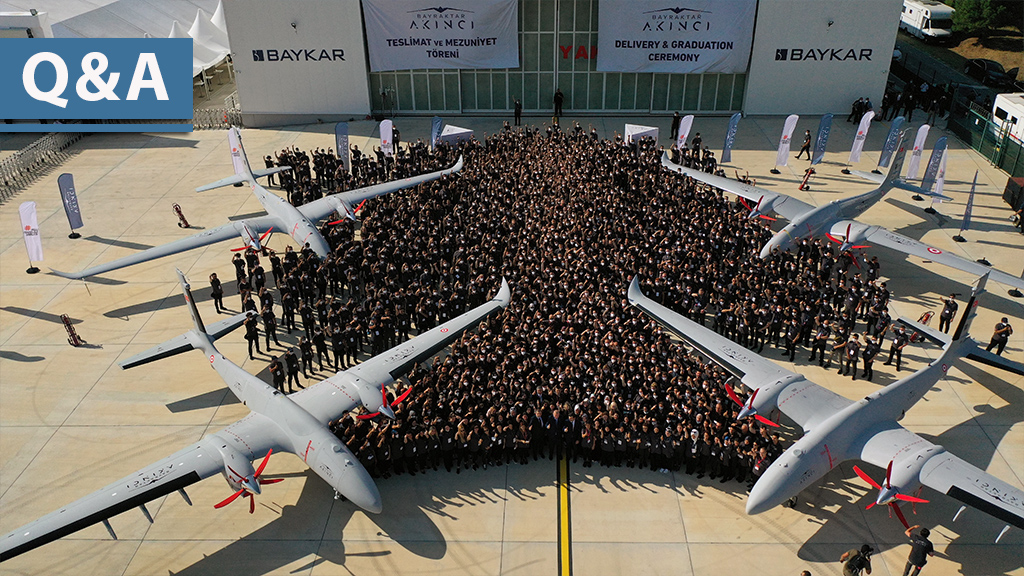1. What is the significance of the death of Venezuelan President Hugo Chavez?
The death of Hugo Chavez signifies the end of a period in Latin American political history. It was an effort that could be either named as a “story of heroism” (no matter how populist it is, it could be called a “story of heroism” for trying to find an alternative all alone in a world surrendered to neo-Liberalism) by some or “madness” by the others. And it came to an end with his death. Besides, for America, the main source and ideologist of anti-Americanism in Latin America has gone out of existence. On the other hand, Iran and many other countries lost their best friend in Latin America. One of the greatest intellectual channels in Latin America is cut.
2. What kind of a legacy Chavez left behind?
When similar leaders rose to power in Ecuador and Bolivia, Chavez was named as the pioneer of anti-Americanism or of “a new left” in Latin American continent in particular. In fact, in a period where Chavez relatively was successful, failure in correctly expressing his accomplishments and inefficiency finding solutions to main issues remained as an important weakness of Chavez and worn him out. In the same period, Brazil -- perhaps for the first time in its history -- under the leadership of Luiz Inácio Lula da Silva interested in and paid a great deal of attention to this continent and opened up to Latin America. Brazil, however, preferred a selective anti-West approach and adjusted relations based on mutual “win-win” principle rather than having ideological relations with the world. Lula’s success in this policy paved the way for economic development and increasing influence of Brazil.
3. Is the legacy of Chavez permanent in terms of the left and Latin America?
Political significance of Chavez and his influence in the long-run can be debated if the continent is evaluated in the frame of these basic movements of thought. In order to understand the legacy of his almost 14 years in power, we should talk about at least three main periods. After coming into power in 1999, Chavez concentrated on national politics in order to increase legitimacy. However, his economic moves disturbed some circles and as a result with the involvement of US, a military coup attempt made against Chavez in Apr. 2002. With this attempt, Chavez clearly realized that the real challenge was not national or regional but global. So, he became the spokesman of anti-Americanism in 2002-2009 and established close ties with countries against US, such as Iran and Libya. Presidency of Chavez after 2009 was a period in which his “intellectual” influence diminished relatively due to the success of Brazil in particular, although he still remained popular. In that period, both the perception of the continent and of the world normalized towards the Chavez phenomenon.
4. What kind of a future waits for Venezuela in the post-Chavez period?
Following Chavez’s decease, Vice-President Nicolás Maduro took charge of the country for now. And the army, which is one of the key actors in Venezuela, issued a statement of loyalty to Maduro. Therefore, his party and friends will remain effective for a while because of his legacy. Possible internal political struggle in Chavez’s United Socialist Party and policy of the opposition will determine the future of politics in Venezuela. In general, however, it is not right to expect a noteworthy alternative to be raised by the opposition or a vehement struggle in the United Socialist Party in short-term.
5. How should Latin America be read in the 21st century?
Traditionally, Latin America continent is seen as the backyard of the US. However, it is the fact that anti-American movements most commonly are seen in Latin America. In the aftermath of the Cold War, Latin America underwent tremendous changes in intellectual and political structure. And these changes occurred in three basic f









